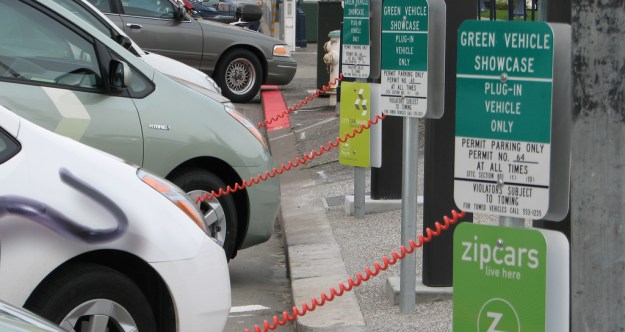
According to findings published by the UK’s Technology Strategy Board, a group of over 300 drivers was studied to determine the amount of time that was required to become less fearful of running out of electricity while driving an electric vehicle. Before the study started, 100 percent of the electric vehicle owners stated that they were concerned about the amount of power for driving long distances. After the first three months of the study, researchers found that the amount of people fearful about a power outage while driving dropped by 35 percent. In addition, 8 percent of the people in the study allowed the battery to drop below 50 percent after the initial 3 months.

After the initial three months, 73 percent of drivers found that the speed of charging fits their daily routine and 88 percent of drivers found the car to be just as safe as driving a gasoline powered. Over 80 percent of the group preferred the low noise of electric vehicles and concerns about low noise being a problem in regards to road safety dropped considerably. Previous to the study, 96 percent of participants were concerned that trips in an electric vehicle would require extensive planning. That figure dropped to 35 percent of the group after the initial three months of driving.


